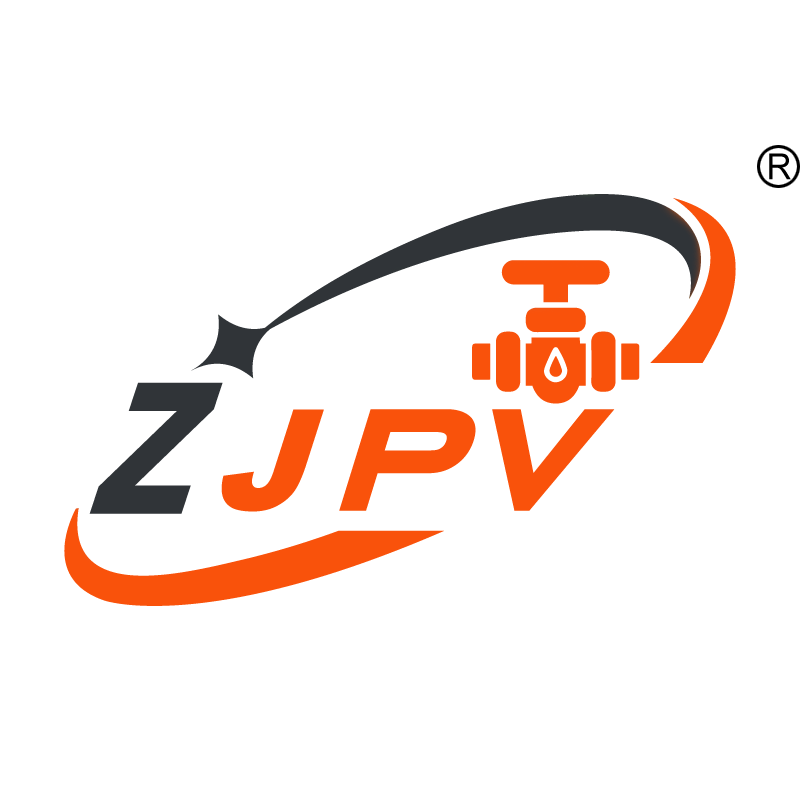When it comes to plumbing systems, there are many components that work together to ensure the smooth and efficient flow of water. One of the components that plays a vital role in maintaining system integrity is the check valve. Check valves are simple but essential devices that are often overlooked, but they are vital to preventing backflow and ensuring the safety and efficiency of your piping system.
Check valves, also known as one-way valves, are designed to allow fluid to flow in one direction while preventing fluid from flowing in the opposite direction. This is accomplished through a mechanism that opens and closes based on the direction of fluid flow. The importance of check valves in piping systems cannot be overstated as they serve several critical functions that help improve the overall performance and reliability of the system.
One of the primary functions of a check valve is to prevent backflow. Backflow occurs when the direction of water flow is reversed, potentially causing contaminated water to enter a clean water source. This can pose serious health risks and harm water quality. Check valves act as a backflow barrier, ensuring that water only flows in the intended direction and safeguarding the purity of the water supply.
In addition to preventing backflow, check valves help maintain system pressure. Check valves help regulate pressure within a plumbing system by allowing water to flow in only one direction. This is especially important in systems where pressure fluctuations can cause inefficiencies or component damage. Check valves play a key role in stabilizing pressure and ensuring consistent performance.
Additionally, check valves help improve the overall efficiency of your piping system. By eliminating the risk of backflow and maintaining pressure, check valves help optimize water flow and reduce the likelihood of interruptions or failures. This not only improves the performance of the system but also minimizes the need for expensive repairs and maintenance.
It’s worth noting that there are different types of check valves, each designed for specific applications and operating conditions. Some common types of check valves include swing check valves, lift check valves, inline check valves, etc. Selecting the appropriate check valve depends on factors such as flow rate, pressure and the nature of the fluid being conveyed.
In summary, the importance of check valves in piping systems cannot be overstated. These simple yet essential devices play a critical role in preventing backflow, maintaining system pressure, and optimizing overall system efficiency. By understanding the functions and benefits of check valves, plumbing professionals and homeowners alike can realize the importance of these often-overlooked components in ensuring the safety and reliability of their plumbing systems.
Post time: Apr-13-2024










